Are you ready to make your product stand out on the shelf and grab your customers’ attention instantly? Buying professional packaging design is the key to turning heads and boosting your sales.
Your packaging is more than just a box or a label—it’s the first impression your customers get. When done right, it speaks directly to their emotions and convinces them to choose your product over the competition. Keep reading to discover how investing in expert packaging design can transform your brand and create a lasting impact.
Benefits Of Professional Packaging
Professional packaging design offers many benefits for any product. It helps your product stand out on store shelves. Good packaging also makes your product look trustworthy and high quality.
Investing in professional design can increase customer interest. It creates a strong first impression. This can lead to more sales and better brand recognition.
Enhanced Brand Identity
Professional packaging design builds a clear brand image. It uses colors and fonts that match your brand style. This makes your product easy to recognize.
Consistent packaging helps customers remember your brand. It shows a professional and serious business approach.
Improved Customer Experience
Good packaging protects the product during shipping and handling. It also is easy to open and use. Clear labels help customers understand the product quickly.
Simple and neat design makes buying easier and more enjoyable.
Higher Perceived Value
Well-designed packaging makes products look more valuable. Customers often think a product is better if it looks better. This can justify a higher price.
Professional packaging adds a sense of quality and care.
Increased Product Shelf Life
Professional packaging uses materials that keep products fresh longer. It protects from moisture, light, and air. This is especially important for food and cosmetics.
Longer shelf life reduces waste and saves money.
Stronger Market Competitiveness
Products with professional packaging stand out from competitors. Unique design attracts customer attention in busy stores. This helps your product compete better.
Clear messaging on packaging guides customers to choose your product.
Key Elements Of Effective Packaging
Effective packaging plays a vital role in selling products. It protects the item and catches the customer’s eye. Good packaging also shares important information about the product clearly. These factors build trust and encourage buyers to choose your brand.
Understanding key elements of packaging helps create designs that work well. Each part must serve a clear purpose. Together, they form a package that is both useful and attractive.
Clear And Simple Design
A simple design makes the package easy to understand. Use clean fonts and avoid clutter. Clear text helps customers know what the product is quickly. Bright colors or images can highlight key features.
Strong Brand Identity
The packaging should reflect the brand’s personality. Use logos and brand colors consistently. This helps customers recognize the product easily. A strong identity builds loyalty and trust.
Protective Materials
Packaging must keep the product safe during shipping and handling. Choose materials that prevent damage and spoilage. Good protection reduces returns and complaints.
Informative Labels
Labels should provide essential information like ingredients, usage, and expiry date. Use simple language and readable fonts. Clear labels help customers make informed decisions.
Eco-friendly Options
Many buyers prefer packaging that is good for the environment. Use recyclable or biodegradable materials. Eco-friendly packaging shows care for the planet and appeals to green customers.
How Packaging Impacts Brand Perception
Packaging plays a big role in how people see a brand. It tells a story without words. Good packaging can make a product feel special and trustworthy. It also helps a brand stand out on crowded shelves.
Customers often decide to buy based on packaging. It shows quality and care. Packaging sets the first impression. That impression stays with the customer long after the purchase.
How Packaging Builds Trust
Clear and neat packaging shows that a brand cares. It makes customers feel safe about the product inside. Trust grows when packaging looks professional and honest. Simple designs can also create trust by avoiding confusion.
Packaging Reflects Brand Values
Colors, fonts, and materials all tell a brand’s story. Eco-friendly packaging signals care for the environment. Bright colors can show fun and energy. A luxury look suggests high quality. These choices connect with the right audience.
Packaging Influences Buying Decisions
People often choose products by how they look. Eye-catching packaging grabs attention fast. Clear information helps customers decide quickly. Easy-to-open designs improve the buying experience. Packaging that looks good makes products more appealing.
Trends In Packaging Design
Packaging design keeps changing to meet new needs and tastes. It plays a big role in selling products. Good design can catch the eye quickly. It also helps customers feel connected to the brand.
Designers follow trends to keep packages fresh and attractive. These trends focus on both look and function. They also aim to protect the environment and offer better user experience.
Minimalist And Clean Designs
Simple shapes and few colors are popular now. Clean lines make the package easy to understand. Minimalist design helps the product stand out on shelves. It feels modern and neat, which many buyers like.
Eco-friendly Packaging
More brands use materials that are easy to recycle. Paper, cardboard, and biodegradable plastics are common. This trend shows care for the planet. Customers trust brands that protect the environment.
Bold Typography
Big, clear letters grab attention fast. Bold fonts make the product name easy to read. This trend helps brands speak loudly without clutter. It adds personality and strength to the package.
Custom Illustrations And Art
Hand-drawn images give a unique look. Art on packaging tells a story about the product. This style makes brands feel personal and creative. It connects with customers who value originality.
Interactive And Functional Packaging
Packages that open in new ways attract buyers. Some include puzzles, pop-ups, or reusable parts. This trend makes the unboxing fun and memorable. It builds a stronger bond between the product and user.
Choosing The Right Packaging Materials
Choosing the right packaging materials is key to a product’s success. It protects the product and makes a strong impression on buyers. The material affects durability, look, and cost. It also impacts how easy the product is to carry or store.
Different products need different materials. Food items need safe, clean packaging. Electronics require sturdy, shock-absorbing materials. Cosmetics need elegant, attractive packaging. Picking the right material helps keep products safe and customers happy.
Understanding Material Types
Packaging materials come in many types. Paper and cardboard are common for lightweight items. Plastic is strong and water-resistant. Glass offers a premium feel but is fragile. Metal is durable and reusable. Each material serves a specific purpose.
Considering Product Protection
Protection is the first job of packaging. Fragile items need cushioning materials like foam or bubble wrap. Moisture-sensitive products need moisture barrier materials. Heavy products require strong, thick packaging. The right protection prevents damage and returns.
Evaluating Environmental Impact
Eco-friendly materials attract many customers today. Biodegradable and recyclable materials reduce waste. Paper and cardboard break down faster than plastic. Choosing green materials shows care for the planet. It also improves brand reputation.
Balancing Cost And Quality
Cost matters for small and large businesses. High-quality materials may cost more but last longer. Cheaper materials can lower expenses but risk damage. Balance cost with the level of protection needed. Good quality saves money by reducing returns.
Custom Vs. Template Packaging Solutions
Choosing the right packaging design affects your product’s success. Custom and template packaging solutions offer different benefits. Understanding each helps you pick the best option for your brand.
Custom packaging means designs made just for your product. Template packaging uses ready-made designs you can change slightly. Both have their place depending on your needs and budget.
What Is Custom Packaging Design?
Custom packaging design is unique and tailored to your product. It fits your brand style perfectly. You control every detail, from colors to shape and material. This option creates a strong brand identity that stands out on shelves.
Benefits Of Custom Packaging
Custom packaging builds a unique look for your product. It helps customers recognize your brand easily. You can add special features like embossing or custom shapes. This type usually uses higher quality materials for a better feel.
What Are Template Packaging Solutions?
Template packaging means using pre-made designs. You pick a design and change colors or text. This option is faster and costs less. Templates work well for small businesses or simple products.
Benefits Of Template Packaging
Templates are quick to order and easy to use. They fit tight budgets and short deadlines. You still get professional-looking packaging without extra design work. Templates often come with tested, popular styles.
Choosing Between Custom And Template Packaging
Consider your budget and timeline. Custom packaging suits brands wanting a strong, unique look. Template packaging fits brands needing fast and affordable options. Think about your product type and target audience too.
Cost Factors In Packaging Design
Understanding the cost factors in packaging design helps plan your budget well. Packaging design costs vary depending on several key elements. Each element plays a role in the final price of your packaging project.
Knowing these factors allows better decision-making. This ensures you get good quality without overspending.
Material Selection
The type of material used affects the cost greatly. Paper, cardboard, plastic, or metal each has different prices. Stronger or eco-friendly materials usually cost more. Material choice impacts durability and look of your package.
Design Complexity
Simple designs are cheaper to create and produce. Complex shapes and intricate artwork require more time and skill. Custom illustrations, special fonts, and unique layouts add to the cost. More complexity means higher design and production expenses.
Printing Techniques
Different printing methods have varying costs. Digital printing is affordable for small runs. Offset printing suits large quantities but has higher setup fees. Special effects like embossing or foil stamping increase price. Choose printing based on your budget and quantity.
Packaging Size And Quantity
Larger packages use more material and cost more. Small packages cost less but might not fit your product well. Ordering in bulk usually lowers the cost per unit. Small orders may have higher prices due to setup fees.
Custom Features
Features like windows, handles, or inserts add cost. These extras improve user experience and product display. Custom shapes or special coatings also increase expenses. They add value but raise production costs.
Working With Packaging Designers
Working with packaging designers is a key step in creating strong product packaging. Good designers bring ideas to life and help your product stand out on shelves. They understand how to mix colors, shapes, and text to attract buyers.
Choosing the right designer makes the process smooth. Clear communication helps both sides share visions and avoid mistakes. Designers use their skills to match your brand style and product needs perfectly.
Understanding Your Needs
Start by explaining your product and target customers. Share your brand values and goals. The designer will ask questions to learn what fits best. This step saves time and ensures the design fits your market.
Collaborating On Ideas
Designers offer sketches or mockups for review. Give honest feedback to shape the final look. Discuss details like colors, fonts, and materials. This teamwork creates packaging that looks great and sells well.
Reviewing And Refining Designs
Expect a few rounds of changes. Each update improves the design’s impact and clarity. Check for legibility, brand match, and appeal. This process perfects your packaging before production.
Finalizing The Design
Once approved, the designer prepares files for printing. These include exact colors and sizes. Professional packaging design files meet printer needs. This step ensures your product looks its best on shelves.
Packaging Design For Different Industries
Packaging design plays a key role in many industries. It helps products stand out and catch buyers’ eyes. Different industries need different styles and features for their packaging. Understanding these needs leads to better design choices and stronger brands.
Each industry has unique rules and customer expectations. The packaging must protect the product and reflect the brand’s image. Choosing the right design can boost sales and build trust. Below are some examples of packaging design for various industries.
Food And Beverage Packaging Design
Food packaging must keep items fresh and safe. It needs to show clear labels and nutritional facts. Bright colors and appetizing images attract customers. Easy-to-open packages improve user experience. Sustainable materials are popular in this sector.
Cosmetics And Beauty Packaging Design
Beauty products need elegant and eye-catching packaging. Soft colors and sleek shapes appeal to buyers. The design should highlight luxury and quality. Clear containers show the product inside. Durable packaging protects fragile items.
Electronics Packaging Design
Electronics require sturdy and secure packaging. Foam inserts and hard boxes prevent damage. The design must explain product features simply. Minimalist styles often suit tech products. Branding should appear modern and clean.
Pharmaceutical Packaging Design
Pharma packaging must follow strict safety rules. Clear instructions and dosage details are essential. Child-resistant features protect families. The design should look professional and trustworthy. Tamper-evident seals increase security.
Fashion And Apparel Packaging Design
Clothing packaging needs to reflect style and brand identity. Smooth textures and unique shapes appeal to customers. The design often uses bold logos and colors. Lightweight and recyclable materials are preferred. The packaging must protect garments during shipping.
Measuring Packaging Design Success
Measuring packaging design success helps track how well your design works. It shows if the design attracts customers and supports your brand. Good measurement points guide improvements and boost sales. You can test design impact with clear, simple metrics.
Conversion Rate
Conversion rate shows how many people buy after seeing the package. It tells if the design convinces customers to choose your product. A higher conversion rate means the package catches attention and builds trust.
Customer Feedback
Customer feedback gives direct opinions about the package design. Surveys and reviews reveal what buyers like or dislike. This helps fix issues and improve the look for better appeal.
Brand Recognition
Brand recognition measures how well customers remember your packaging. Strong design makes your product easy to spot on shelves. This leads to repeat purchases and stronger brand loyalty.
Sales Growth
Sales growth tracks increases in product sales after design changes. It shows if the new packaging attracts more buyers. Positive sales trends prove the design’s effectiveness in the market.
Frequently Asked Questions
What Is Professional Packaging Design?
Professional packaging design creates attractive, clear, and practical packaging for products.
Why Should I Buy Professional Packaging Design?
It helps your product stand out and attracts more buyers.
How Does Packaging Design Affect Sales?
Good design grabs attention and makes people want to buy.
What Elements Are Included In Professional Packaging Design?
Colors, fonts, images, logos, and materials are key parts.
Can Packaging Design Improve Brand Recognition?
Yes, consistent design builds trust and makes your brand memorable.
How Long Does Professional Packaging Design Take?
Usually, it takes a few days to a few weeks.
Is Custom Packaging Design Expensive?
Costs vary, but it can fit different budgets and needs.
Where Can I Buy Professional Packaging Design Services?
Online agencies, freelance designers, and design studios offer this service.
What File Formats Do I Get With Packaging Design?
Common files include PDF, AI, EPS, and high-res images.
Can Packaging Design Help With Product Protection?
Yes, good design also considers safe and secure packaging.
Conclusion
Choosing professional packaging design helps your product stand out. It creates a strong first impression on buyers. Good design also makes your product easier to recognize. This can lead to better sales and customer trust. Investing in quality packaging shows you care about your brand.
It supports your business growth in the long run. Simple, clear, and attractive designs work best. Take time to find the right designer for your needs. Your product deserves packaging that speaks to your customers.
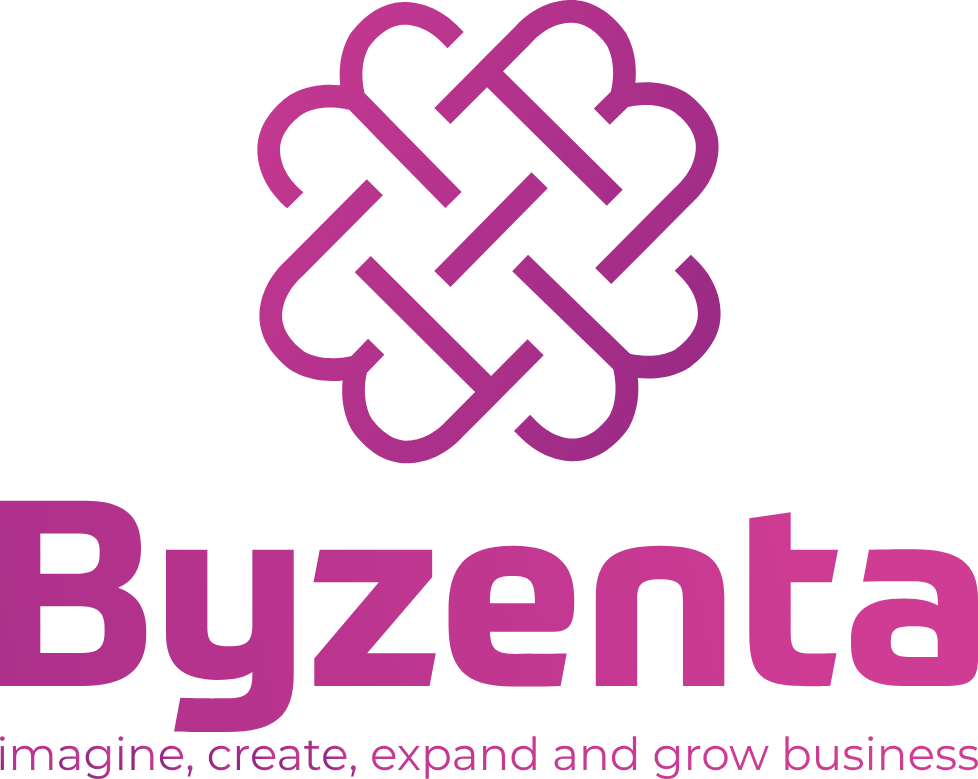
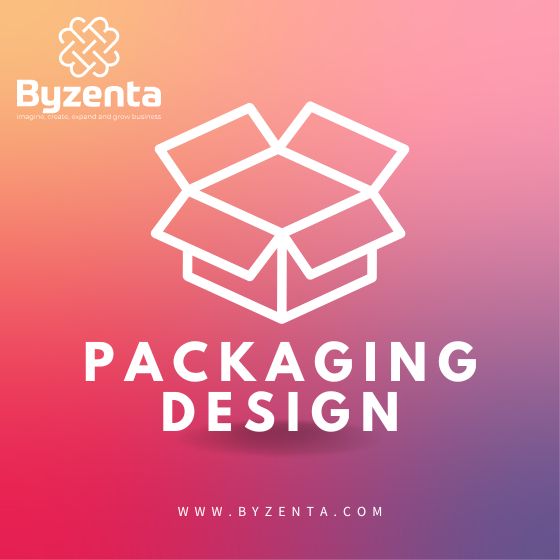
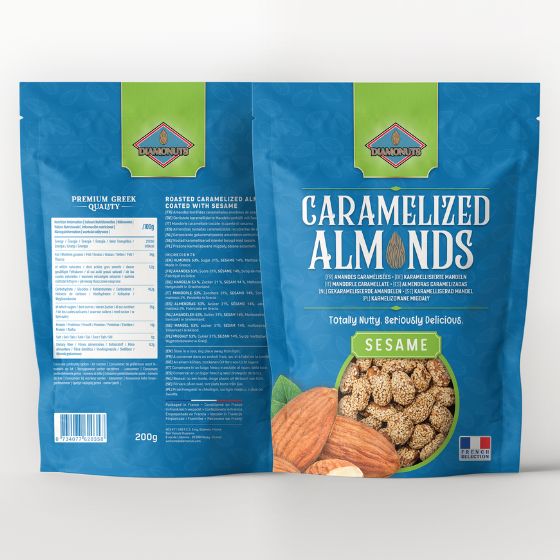
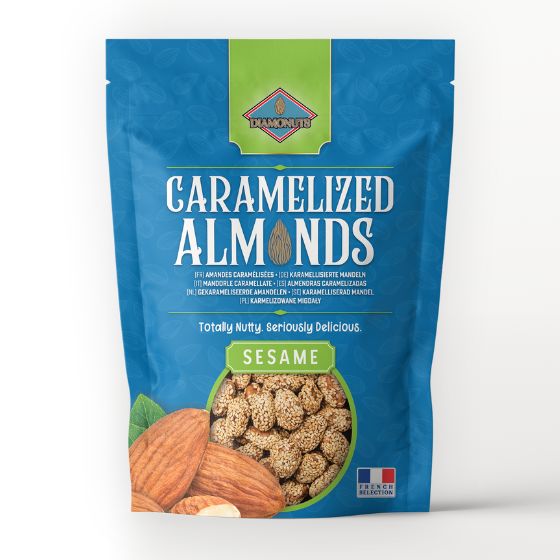
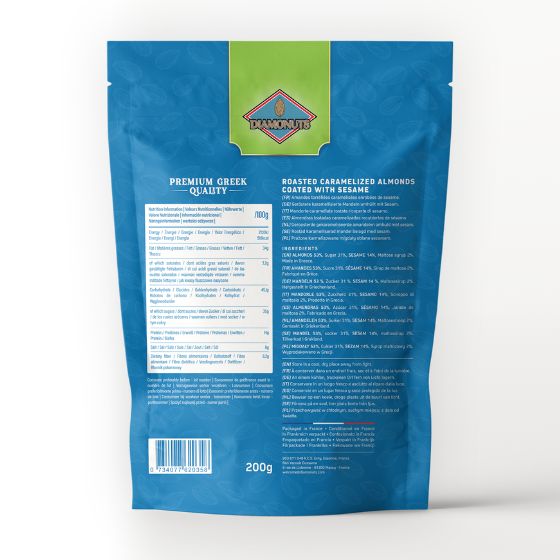
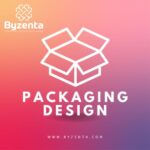
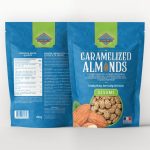
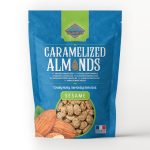
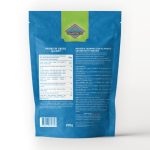
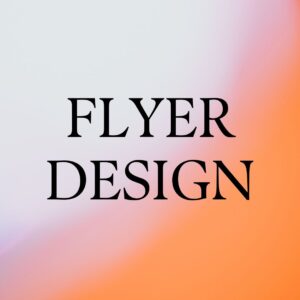

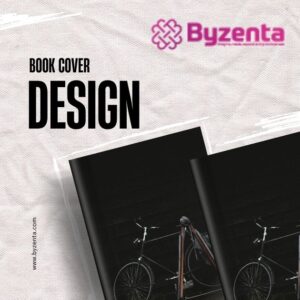
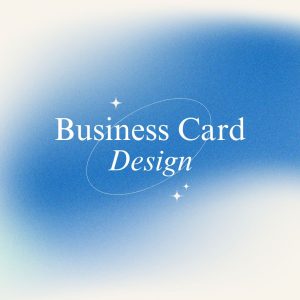
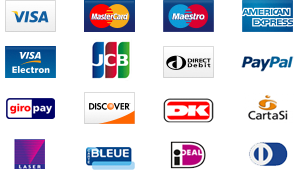
Primal Nerds –
Great work!! did not waste anytime, got straight to it and delivered the finished product in a timely manner. Good business I would reccomend anyone looking for design.
Primal Nerds –
The graphic is excellent—clean, well-balanced, and visually cohesive. The colors and typography align perfectly with the intended style. Composition and spacing are well-executed, showing clear attention to detail. Byzenta went above and beyond expectations, delivering a polished and professional final product